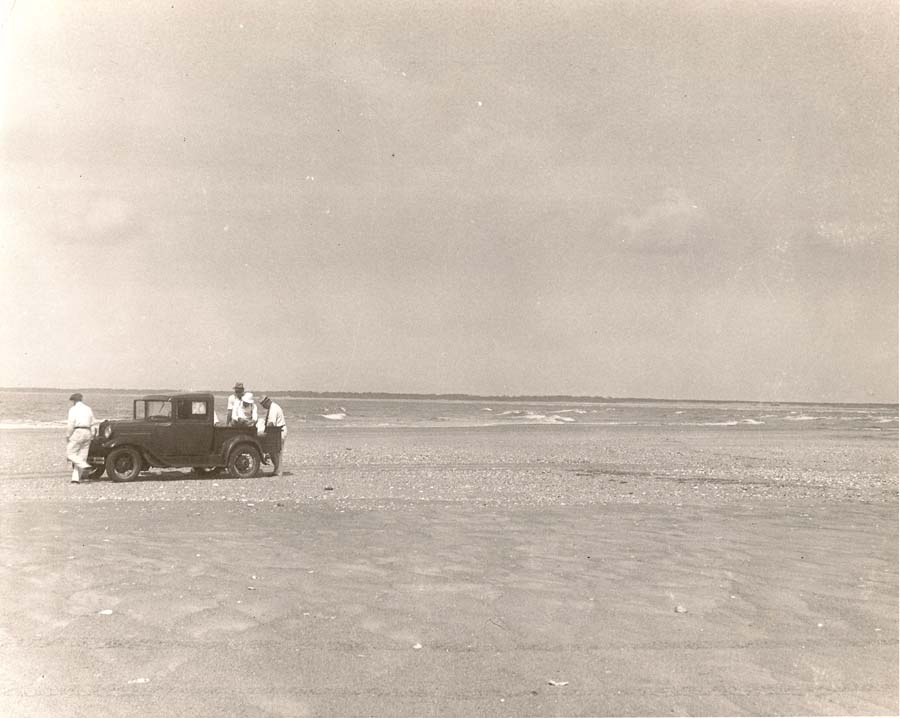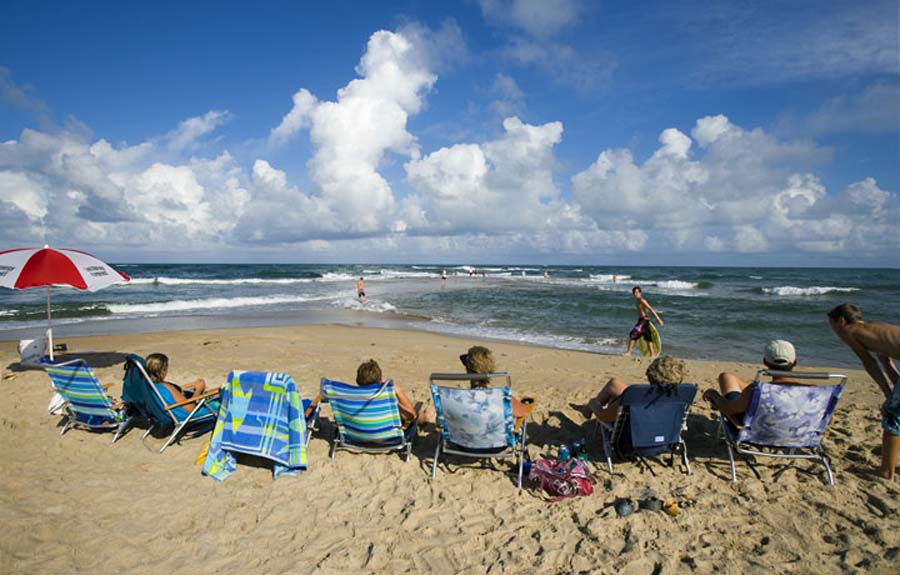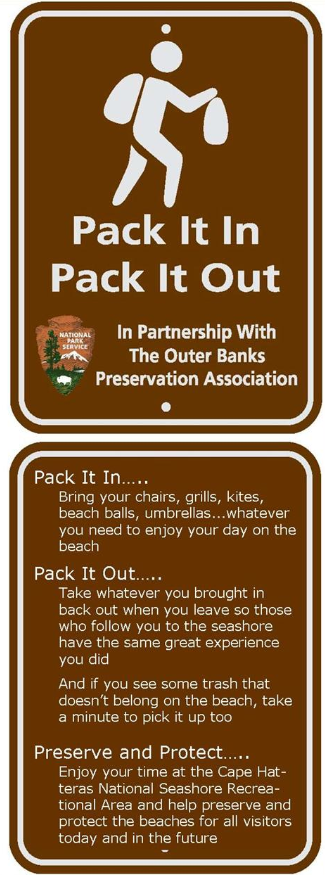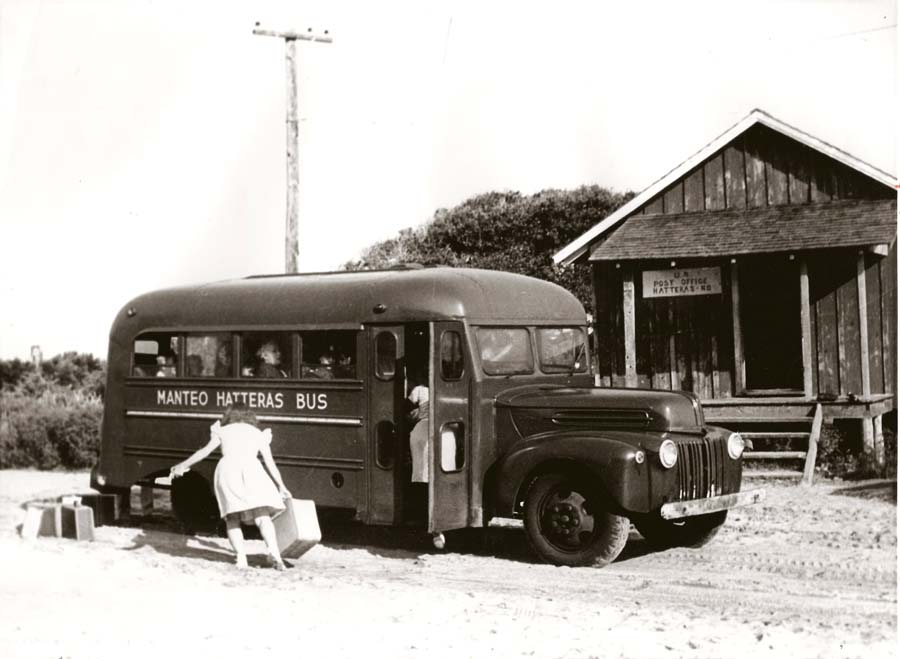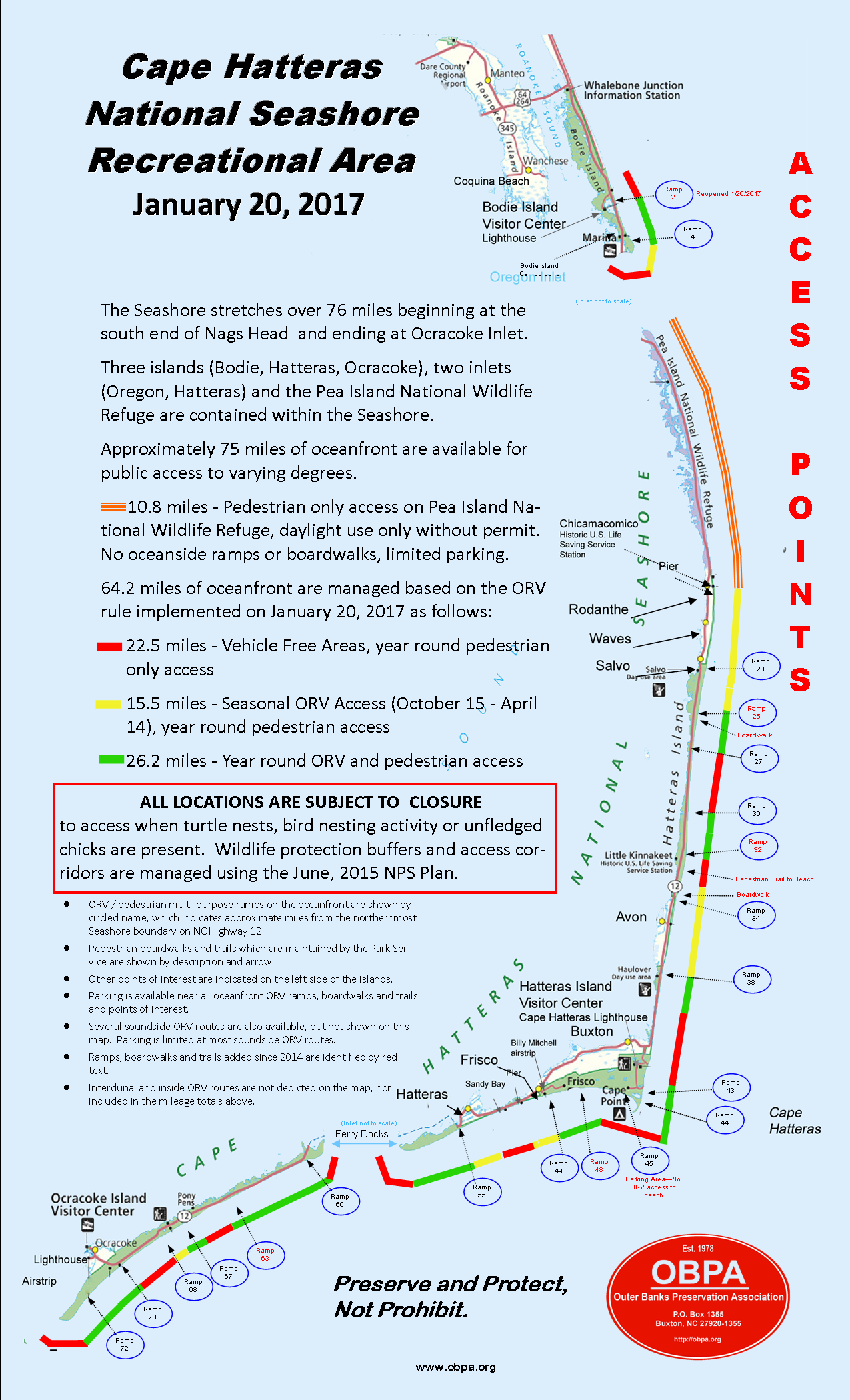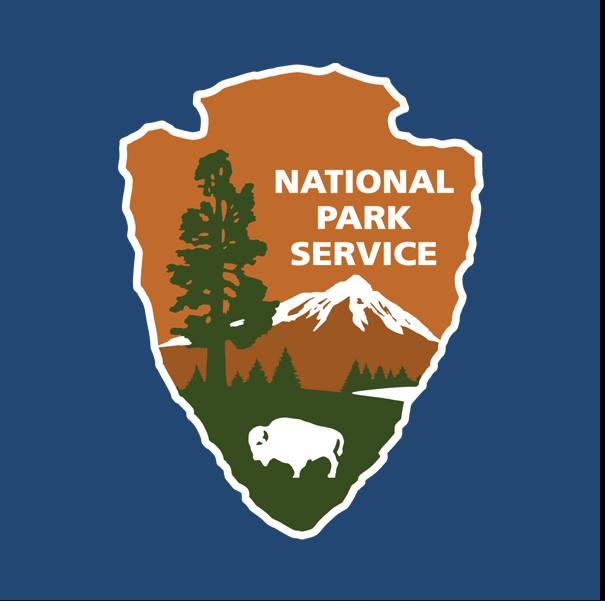Wednesday, June 11, 2008
Breaking News
No matter what state you live in we urge you to call and write your Congressional representitives and tell them you vote and you support HR 6233 and S 3113
U.S. Senator Elizabeth Dole
U.S. Senator Richard Burr
U.S. Representative Walter Jones
News Release
For Immediate Release: June 11, 2008 Contact: Katie Hallaway (Dole), 202-224-2999
Chris Walker (Burr) 202-228-1616
Kathleen Joyce (Jones), 202-225-3415
Dole, Burr and Jones Introduce Legislation to
Allow Off-road Vehicle use on Cape Hatteras National Seashore
Washington, D.C. – U.S. Sens. Elizabeth Dole and Richard Burr and U.S. Rep. Walter Jones today introduced legislation in the Senate and House of Representatives that would reinstate the Interim Management Strategy governing off-road vehicle use on Cape Hatteras National Seashore (CHNS). The reinstatement of the original Interim Management Strategy, issued by the National Park Service (NPS) on June 13, 2007, would set aside current mandates and requirements which were put in place in the wake of a consent decree filed in the U.S. District Court for the Eastern District of North Carolina, that prevent off-road vehicle and citizen access to a significant portion of this National Seashore.
“I share the concerns of many North Carolinians about the negative ramifications that severely restricting off-road vehicle use at CHNS will have on the local community and economy,†said Dole. “Beach users and members of the local community deserve to have their voices heard to ensure the development of a long-term plan that protects the natural habitat of the Seashore while maintaining its economic and recreational benefits.â€
“As Ranking Member on the National Parks Subcommittee, I always try to make sure that North Carolinians have access to our state’s scenic treasures,†said Burr. “It is unfortunate that people are prevented from accessing Cape Hatteras at times because of the new restrictions. I am certain we can come to a compromise that allows people to have access while at the same time addressing any potential environmental concerns.â€
“The consent decree has once again shown that managing the Seashore through the courts – without public input – is always a bad idea,†said Jones. “This bill would restore reasonable public access and would bring the public back into the process on a level playing field by reinstituting the Interim Management Strategy until the Negotiated Rulemaking Committee can produce a final rule.â€
If enacted, the National Park Service’s Interim Management Strategy will go into effect immediately and end upon the National Park Service establishing a long-term off-road vehicle management plan for the use of CHNS by the public.
Background
In 1972, President Richard Nixon issued an Executive Order that required all federal parks, refuges and public lands that allow off-road vehicles access to develop and implement a detailed management plan to regulate and assess environmental impacts. CHNS never developed a management plan, and as a result, Cape Hatteras has been out of compliance for over three decades.
In December 2005, the NPS developed a three-phase plan to begin the negotiation process and create regulations that would allow CHNS to meet compliance standards; however, on July 17, 2007 an injunction was filed by the Defenders of Wildlife and the National Audubon Society to prevent off-road vehicle use until a management plan is established and approved. A settlement negotiation process ensued, and on April 30, 2008, a federal judge approved a consent decree, proposed by the plaintiffs and agreed to by the parties involved in the case – the National Park Service, the U.S. Department of the Interior, the Superintendent of Cape Hatteras National Seashore and the U.S. Fish and Wildlife Service. The settlement, which went into effect on May 1, 2008, requires that all seashore ramps be closed to ORVs from 10 p.m. until 6 a.m. through November 15, 2008, that buffers for nests and chicks are clearly defined and in some cases more restrictive, and that deliberate violations of the buffers will result in an expanded restricted area.
U.S. Senator Elizabeth Dole
U.S. Senator Richard Burr
U.S. Representative Walter Jones
News Release
For Immediate Release: June 11, 2008 Contact: Katie Hallaway (Dole), 202-224-2999
Chris Walker (Burr) 202-228-1616
Kathleen Joyce (Jones), 202-225-3415
Dole, Burr and Jones Introduce Legislation to
Allow Off-road Vehicle use on Cape Hatteras National Seashore
Washington, D.C. – U.S. Sens. Elizabeth Dole and Richard Burr and U.S. Rep. Walter Jones today introduced legislation in the Senate and House of Representatives that would reinstate the Interim Management Strategy governing off-road vehicle use on Cape Hatteras National Seashore (CHNS). The reinstatement of the original Interim Management Strategy, issued by the National Park Service (NPS) on June 13, 2007, would set aside current mandates and requirements which were put in place in the wake of a consent decree filed in the U.S. District Court for the Eastern District of North Carolina, that prevent off-road vehicle and citizen access to a significant portion of this National Seashore.
“I share the concerns of many North Carolinians about the negative ramifications that severely restricting off-road vehicle use at CHNS will have on the local community and economy,†said Dole. “Beach users and members of the local community deserve to have their voices heard to ensure the development of a long-term plan that protects the natural habitat of the Seashore while maintaining its economic and recreational benefits.â€
“As Ranking Member on the National Parks Subcommittee, I always try to make sure that North Carolinians have access to our state’s scenic treasures,†said Burr. “It is unfortunate that people are prevented from accessing Cape Hatteras at times because of the new restrictions. I am certain we can come to a compromise that allows people to have access while at the same time addressing any potential environmental concerns.â€
“The consent decree has once again shown that managing the Seashore through the courts – without public input – is always a bad idea,†said Jones. “This bill would restore reasonable public access and would bring the public back into the process on a level playing field by reinstituting the Interim Management Strategy until the Negotiated Rulemaking Committee can produce a final rule.â€
If enacted, the National Park Service’s Interim Management Strategy will go into effect immediately and end upon the National Park Service establishing a long-term off-road vehicle management plan for the use of CHNS by the public.
Background
In 1972, President Richard Nixon issued an Executive Order that required all federal parks, refuges and public lands that allow off-road vehicles access to develop and implement a detailed management plan to regulate and assess environmental impacts. CHNS never developed a management plan, and as a result, Cape Hatteras has been out of compliance for over three decades.
In December 2005, the NPS developed a three-phase plan to begin the negotiation process and create regulations that would allow CHNS to meet compliance standards; however, on July 17, 2007 an injunction was filed by the Defenders of Wildlife and the National Audubon Society to prevent off-road vehicle use until a management plan is established and approved. A settlement negotiation process ensued, and on April 30, 2008, a federal judge approved a consent decree, proposed by the plaintiffs and agreed to by the parties involved in the case – the National Park Service, the U.S. Department of the Interior, the Superintendent of Cape Hatteras National Seashore and the U.S. Fish and Wildlife Service. The settlement, which went into effect on May 1, 2008, requires that all seashore ramps be closed to ORVs from 10 p.m. until 6 a.m. through November 15, 2008, that buffers for nests and chicks are clearly defined and in some cases more restrictive, and that deliberate violations of the buffers will result in an expanded restricted area.

